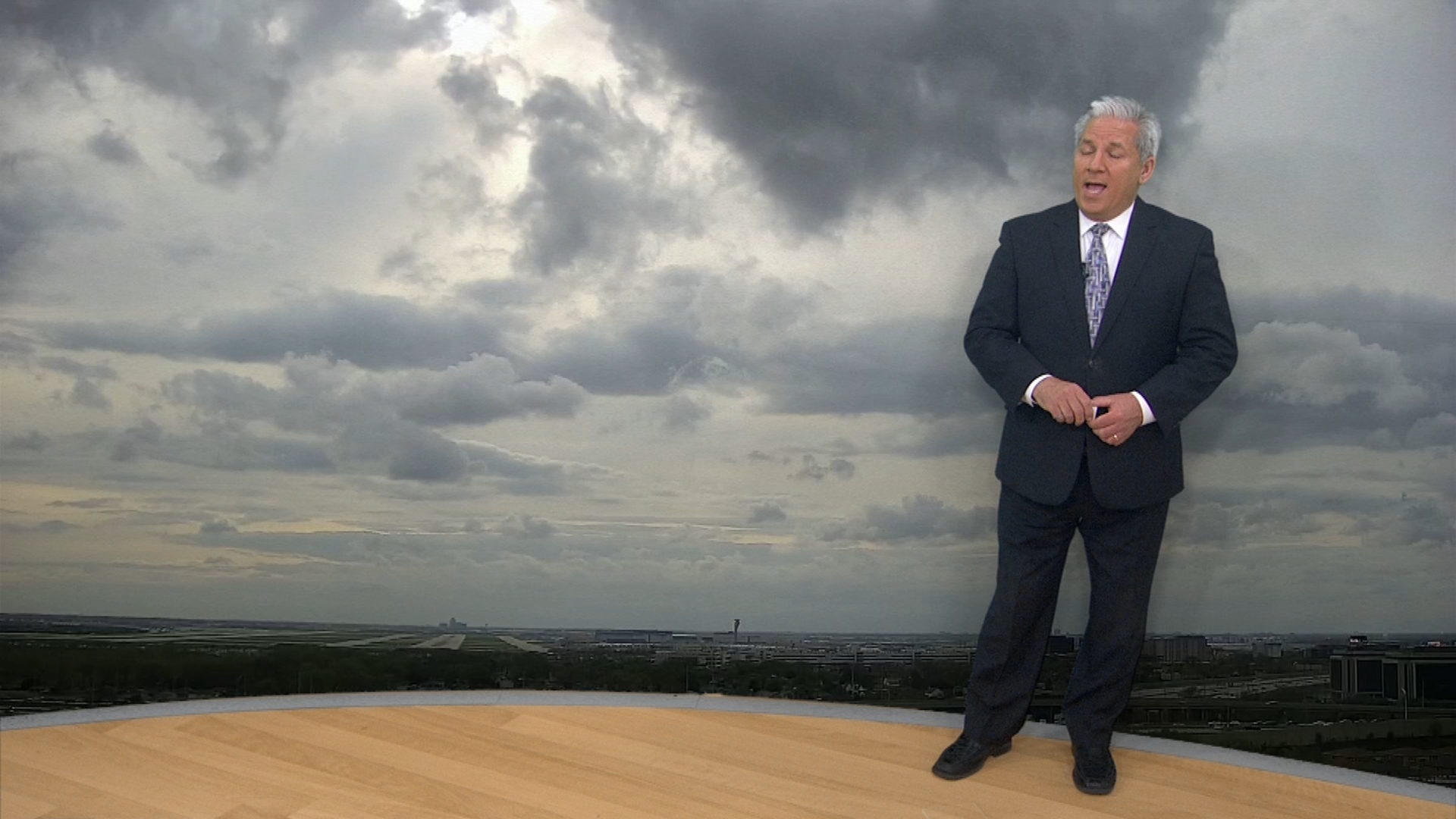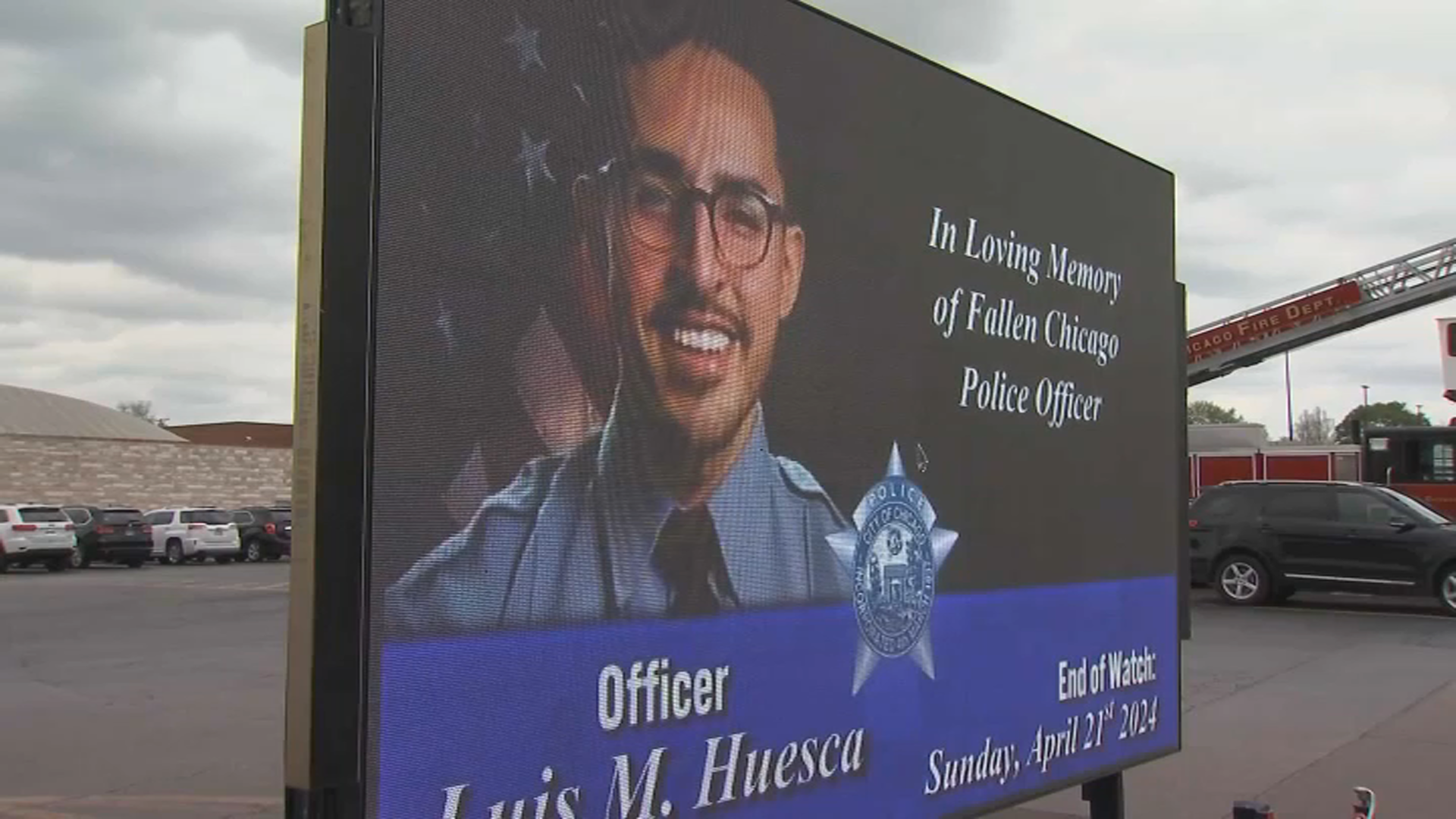As the state of Indiana Tuesday was set to join 21 other states in restricting abortions, Illinois Governor J.B. Pritzker on Monday announced a slew of new steps to increase access to reproductive care in Illinois.
“Unlike some other states, in the fourteen months since the Supreme Court made the archaic and destructive decision to overturn Roe V. Wade, Illinois has doubled down on our commitment to protect and expand reproductive rights for patients and providers alike,” Pritzker said in a press release. “This most recent batch of nation-leading policy expands access even further—because in the Land of Lincoln, we will not go backwards.
One of those measures, the release says, is to build a Reproductive Health Public Navigation Hotline that will "aid patients, including those travelling from out of state, in finding and navigating care." The $10 million program from the Illinois Department of Public Health would launch in 2024, officials said.
Another initiative, the release says, is a hospital navigation program known as Complex Abortion Regional Line for Access (CARLA) which is "designed to give appropriate and expeditious treatment to patients who present for abortions at clinics," but need a higher level of care than those clinics can provide.
Feeling out of the loop? We'll catch you up on the Chicago news you need to know. Sign up for the weekly Chicago Catch-Up newsletter here.
The program, a partnership between the IDPH, Rush University, the University of Chicago, the Chicago Abortion Fund and Illinois Department of Healthcare and Family Services, will include a nurse-staffed hotline meant to help patients schedule appointments within hospital systems and more.
Other measures include the creation of a family planning program for Medicaid, a Capital Grant Program that provides $5 million to support reproductive health care providers in the state, and a travel reimbursement program for Illinois employees who live out of state and must travel to access "safe and sufficient reproductive care."
"Illinois will remain a safe haven for women," Pritzker said, "and I will continue to do everything in my power to ensure widespread, equitable access to reproductive rights.”
Local
Where Indiana's near-ban on abortion stands
The initiatives come as Indiana on Tuesday was set to impose a near-ban on abortion.
However, the American Civil Liberties Union of Indiana asked the state’s high court Monday to keep Indiana’s near-total abortion ban on hold while it pursues a narrower preliminary injunction in a trial court to address the scope of the ban’s exemption allowing women facing serious health risks to obtain abortions.
The petition seeking a rehearing will delay the ban from taking effect as soon as Tuesday while the Indiana Supreme Court considers the matter. The ACLU of Indiana’s request comes after the high court ruled on June 30 that Indiana’s Republican-backed ban doesn’t violate the state constitution.
The ACLU of Indiana, representing Planned Parenthood and other abortion clinic operators, had challenged the constitutionality of the ban. A county judge later ruled that the ban likely violated the state constitution’s privacy protections.
But in its June ruling, the high court struck down the county judge’s injunction that has blocked a 2022 law’s restrictions banning the vast majority of abortions in the state since September.
In its decision, the court said that while the state constitution’s liberty clause “protects a woman’s right to an abortion that is necessary to protect her life or to protect her from a serious health risk, the provision does not protect a fundamental right to abortion in all circumstances.”
An exemption under the ban states that it is limited to circumstances in which an abortion is necessary “to prevent death or a serious risk of substantial and irreversible physical impairment of a major bodily function.”
In Monday’s petition for rehearing, the ACLU of Indiana wrote that the high court’s ruling had “left open the possibility that this constitutionally protected right ‘may be broader than the current statutory exception.’”
Gavin Rose, senior staff attorney for the ACLU of Indiana, said the group is asking the high court to pause its order striking down the trial court’s preliminary injunction to give it time to file a motion with the trial court seeking “a more limited injunction targeted to the breadth of the serious health risk exemption.”
The rehearing petition suggests that the court keep the previous injunction on hold for 60 to 90 days.
The ACLU of Indiana filed its petition for a rehearing on behalf of abortion providers hours before Monday’s deadline for it to do so.
Rebecca Gibron, CEO of the Planned Parenthood division that includes Indiana, said in a statement about the rehearing request that the state’s ban “will prevent pregnant Hoosiers from making decisions about their own bodies, and prevent their providers from giving them the care they need.”
Following the court’s June ruling, Indiana’s abortion ban was expected to take effect as soon as Tuesday — or within days afterward once the ruling is certified and entered into the court docket — if no party sought a review by Monday’s deadline.
Now that the ACLU of Indiana has filed a petition for review, that means the court’s decision cannot be certified while the justices consider whether to grant or deny that petition, “thus considering the case or disposing of the rehearing petition,” said Kathryn Dolan, a court spokesperson.
It’s unclear how long it may take the high court to decide the matter, but after rehearing petitions are filed, the opposing party — in this case the state’s attorneys — have 15 days to file a response to that request.
Indiana became the first state to enact tighter abortion restrictions after the U.S. Supreme Court eliminated federal protections by overturning Roe v. Wade in June 2022.
The state’s ban will eliminate the licenses for all seven abortion clinics in the state and ban most abortions, even in the earliest stages of a pregnancy. It includes exceptions allowing abortions at hospitals in cases of rape or incest before 10 weeks post-fertilization. It also allows abortions up to 20 weeks to protect the life and physical health of the mother or if a fetus is diagnosed with a lethal anomaly.
Current Indiana laws generally prohibit abortions after the 20th week of pregnancy and tightly restrict it after the 13th week.
Indiana’s abortion ban also faces a separate court challenge over claims it violates the state’s 2015 religious freedom law signed by GOP then-Gov. Mike Pence. The state’s intermediate Court of Appeals is scheduled to hear arguments in that case Dec. 6.



